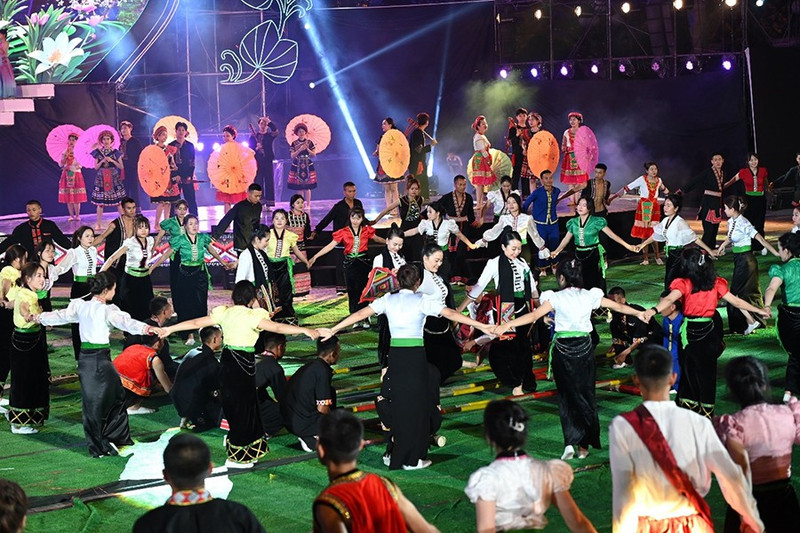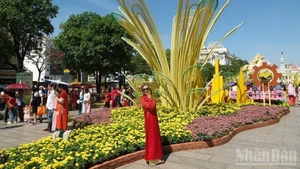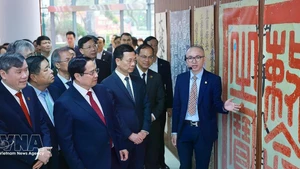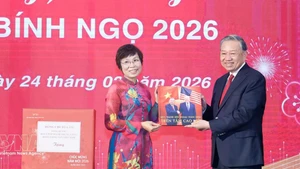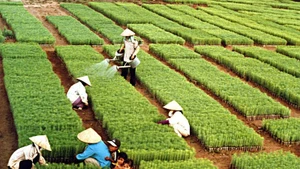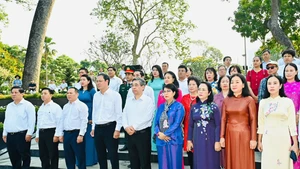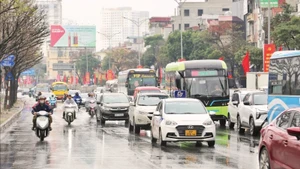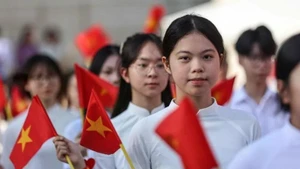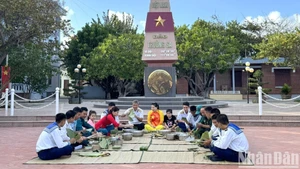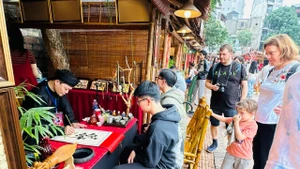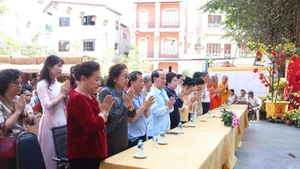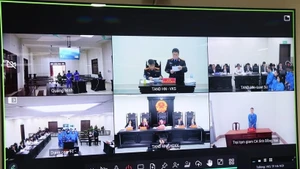The Party chief’s directives request Party committees and organisations at all levels to develop specific and appropriate action programmes suited to the conditions of each locality, each ethnic group, and each stage of development.
Dien Bien is a northwestern mountainous border province, comprising 45 communes and wards with 19 ethnic groups living together. It possesses more than 30 national and provincial-level heritage sites, plus a rich and diverse system of intangible cultural heritage imbued with the unique identities of local ethnic groups.
The Provincial Party Committee issued Resolution No. 03-NQ/TU dated May 7, 2021 on developing the tourism sector by 2025 with a vision to 2030, and Resolution No. 03-NQ/TU and the provincial master plan for 2021–2030 with a vision to 2050, designating tourism as a key economic sector to drive growth and restructure the local economy.
Party General Secretary To Lam also directs Party committees at all levels to pay greater attention to culture, healthcare, and education, to ensure a more comprehensive improvement in the quality of life for ethnic minority people.
To realise these documents, Party committees at all levels in Dien Bien have synchronously implemented various measures such as upgrading community-based, ecological, and historical tourism; developing new destinations; and promoting investment in tourism infrastructure.
Thanks to these efforts, the provincial economic structure in recent years has shifted positively with an annual average growth rate of 8.02%. The provincial GRDP per capita in 2025 is forecast to reach 52.83 million VND; local budget revenue is estimated at 1.77 trillion VND, and the quality of people’s lives has been significantly improved.
In Lai Chau Province, where over 84% of the population are ethnic minorities, the Provincial Party Committee has integrated the goal of improving living standards with sustainable poverty reduction.
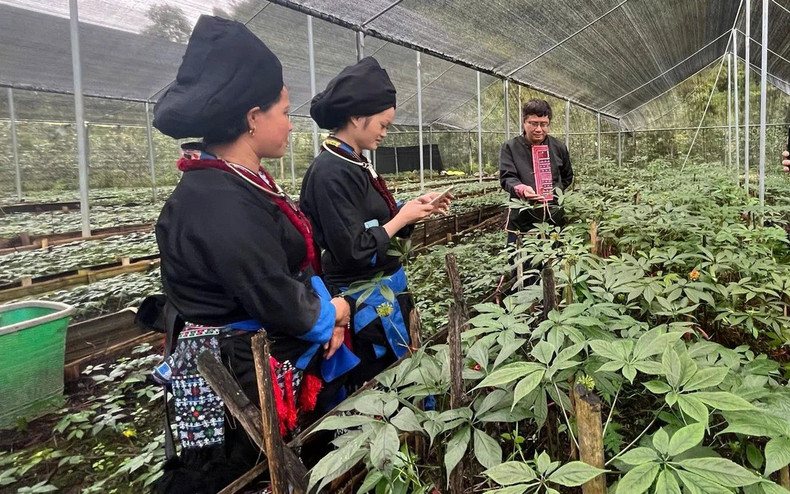
Based on the climate and soil conditions, the communal Party committee and authorities have tailored suitable solutions to boost socio-economic development, focusing on adopting crop transformation models and innovative husbandry methods.
Instead of cultivating rice, maize, and cassava – which are traditional crops, local people have switched to planting high-value crops such as tea, macadamia, and ginseng to raise incomes.
During the implementation of these solutions, the local Party committees and authorities always accompany local people, facilitating their access to loan and technical support, and securing product consumption.
Caring for and improving the quality of life of ethnic minority communities is the responsibility of the entire Party and people. Therefore, Party committees at all levels must act more decisively, creatively, and effectively to ensure that all ethnic groups benefit equally from development and that progress continues in the years ahead.
Alongside economic development, Party General Secretary To Lam also directs Party committees at all levels to pay greater attention to culture, healthcare, and education, to ensure a more comprehensive improvement in the quality of life for ethnic minority people.
Quang Ninh province is home to over 162,000 ethnic minority residents, mainly living in mountainous and border areas.
Following the Party’s guideline and the Party General Secretary’s request, the Provincial Party Committee has decisively implemented comprehensive welfare and social security policies for ethnic minority and mountainous communities.
By the end of 2024, 100% of ethnic minority households get access to hygienic water. Mountainous and border communes have implemented electronic medical records (EMRs), making healthcare services more convenient for residents. The quality of teaching and learning at ethnic minority boarding schools has been well maintained.
Caring for and improving the quality of life of ethnic minority communities is the responsibility of the entire Party and people. Therefore, Party committees at all levels must act more decisively, creatively, and effectively to ensure that all ethnic groups benefit equally from development and that progress continues in the years ahead.
